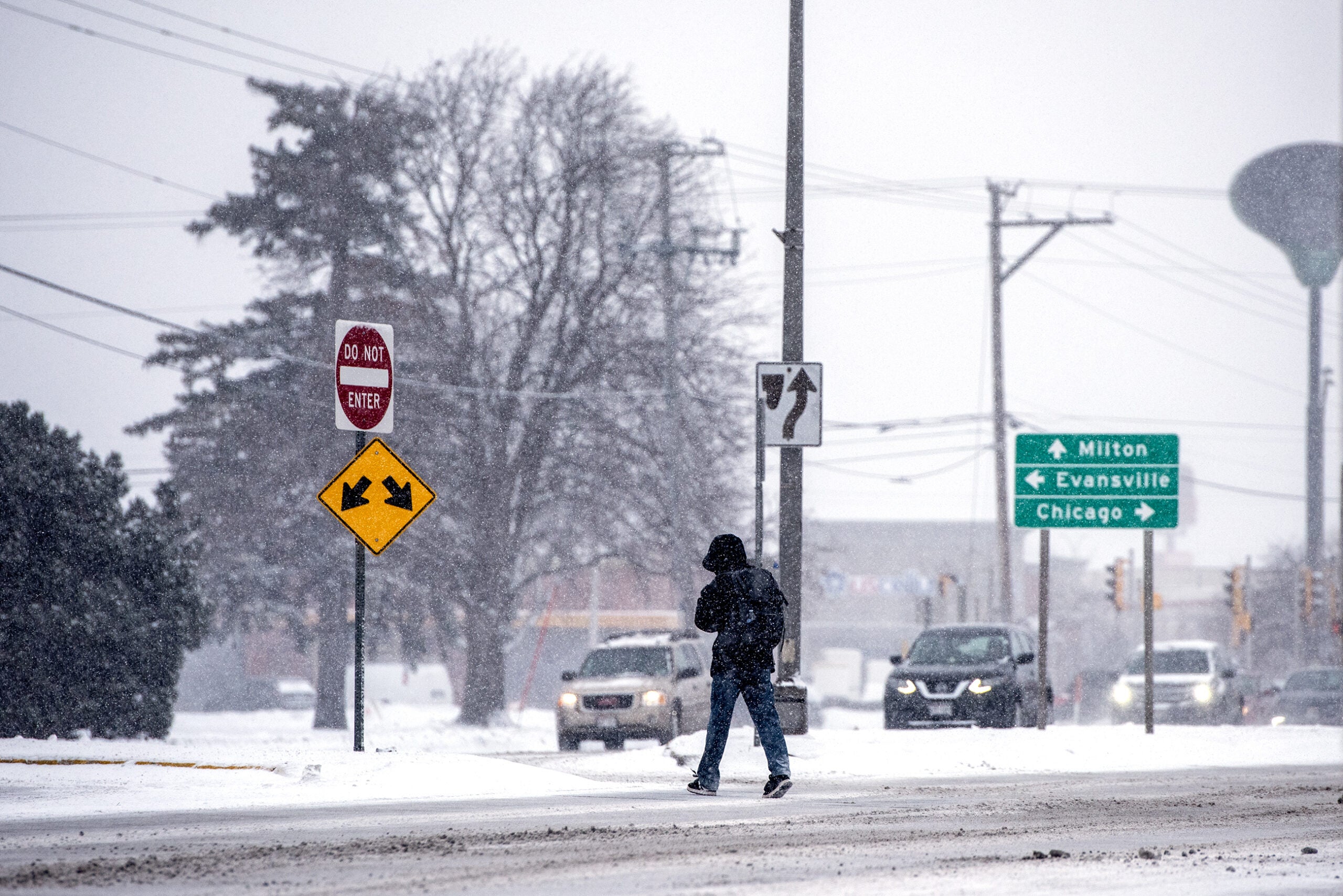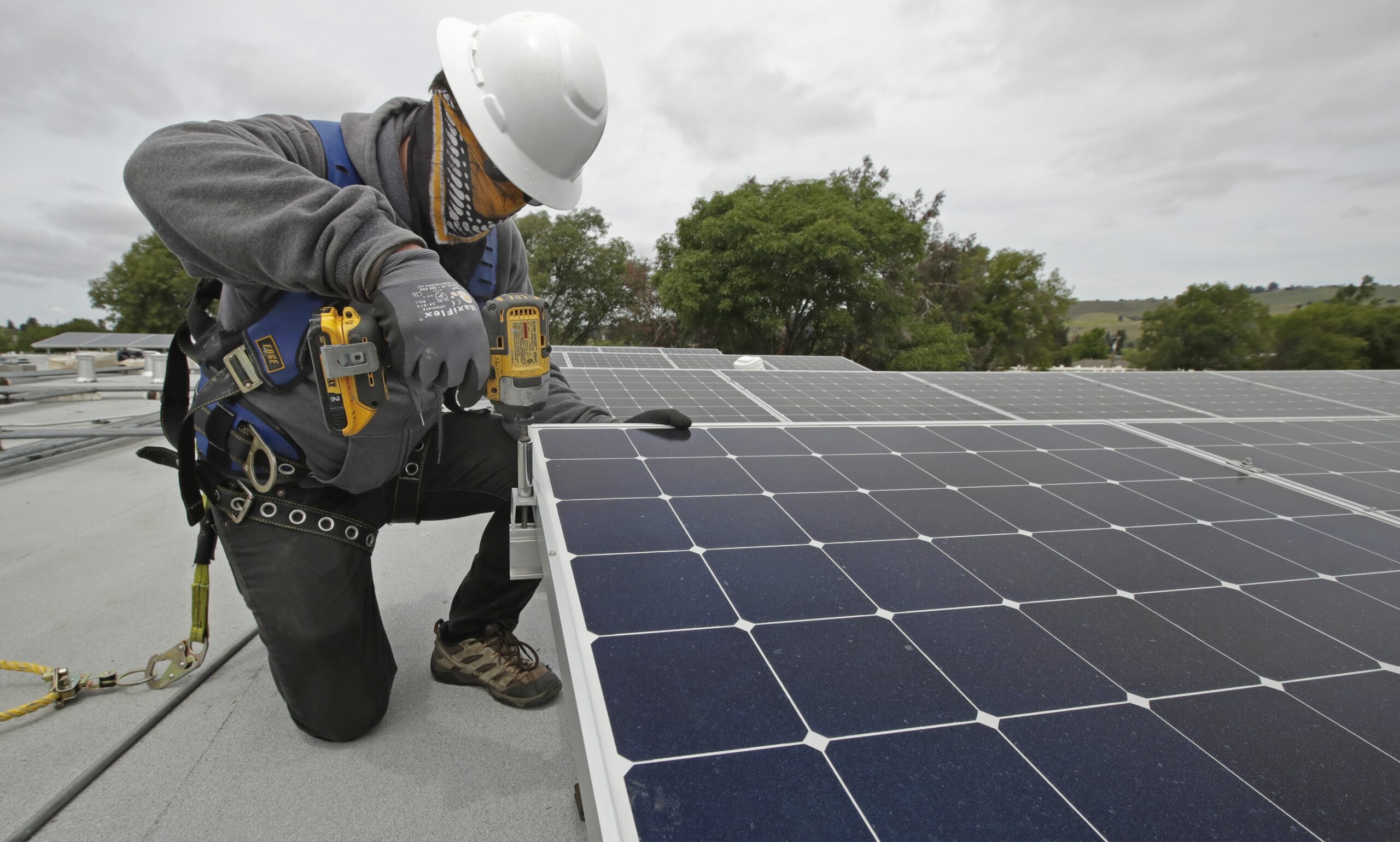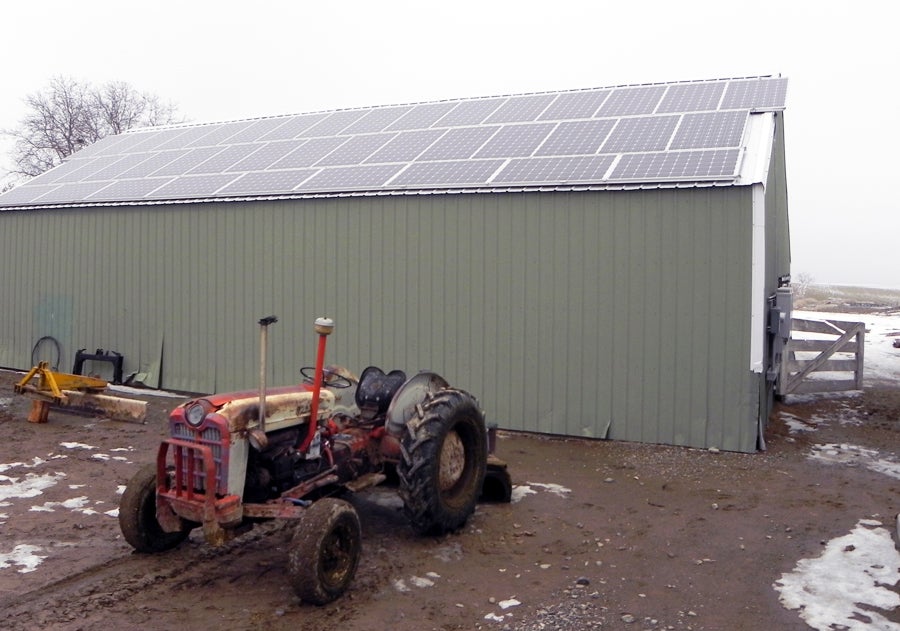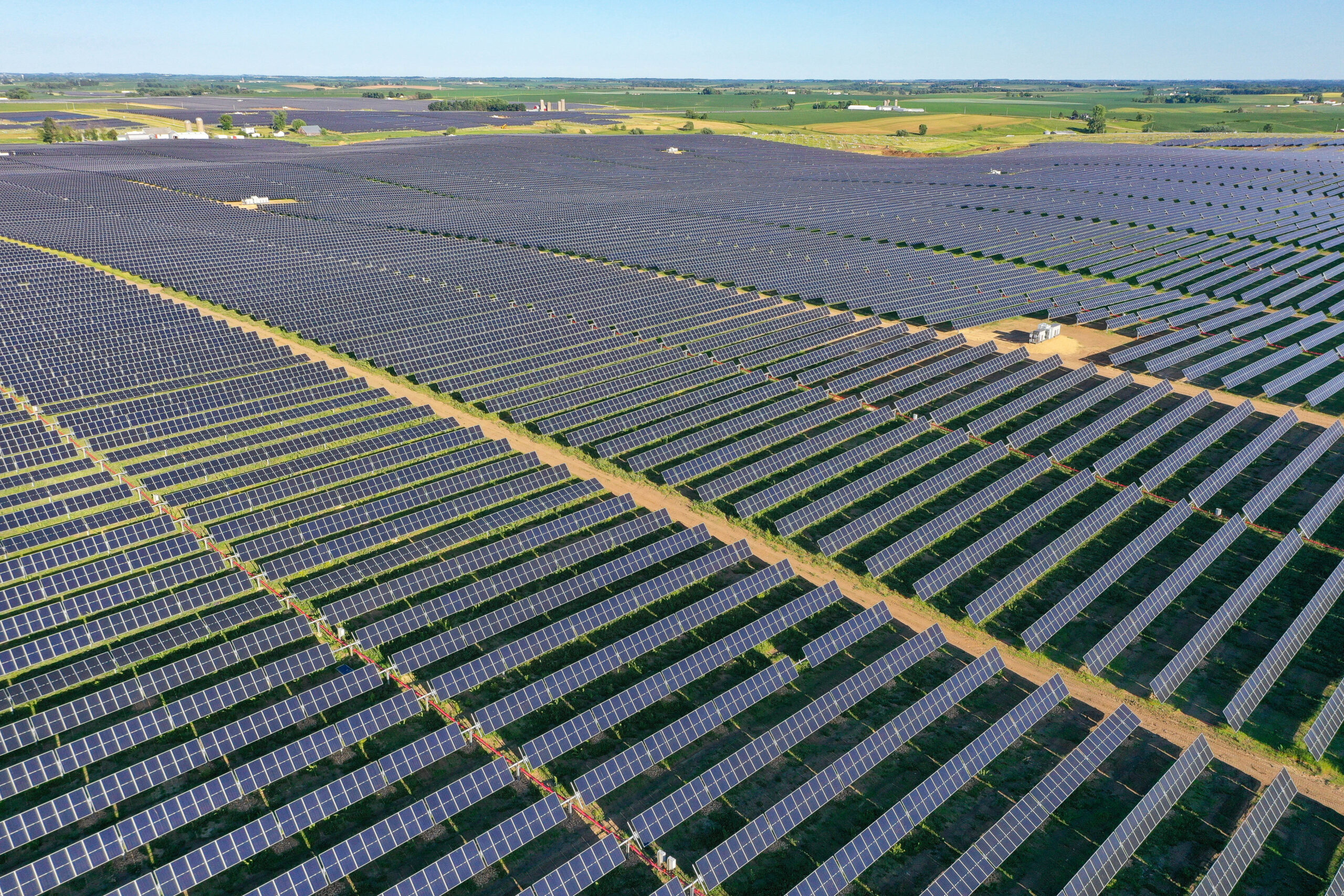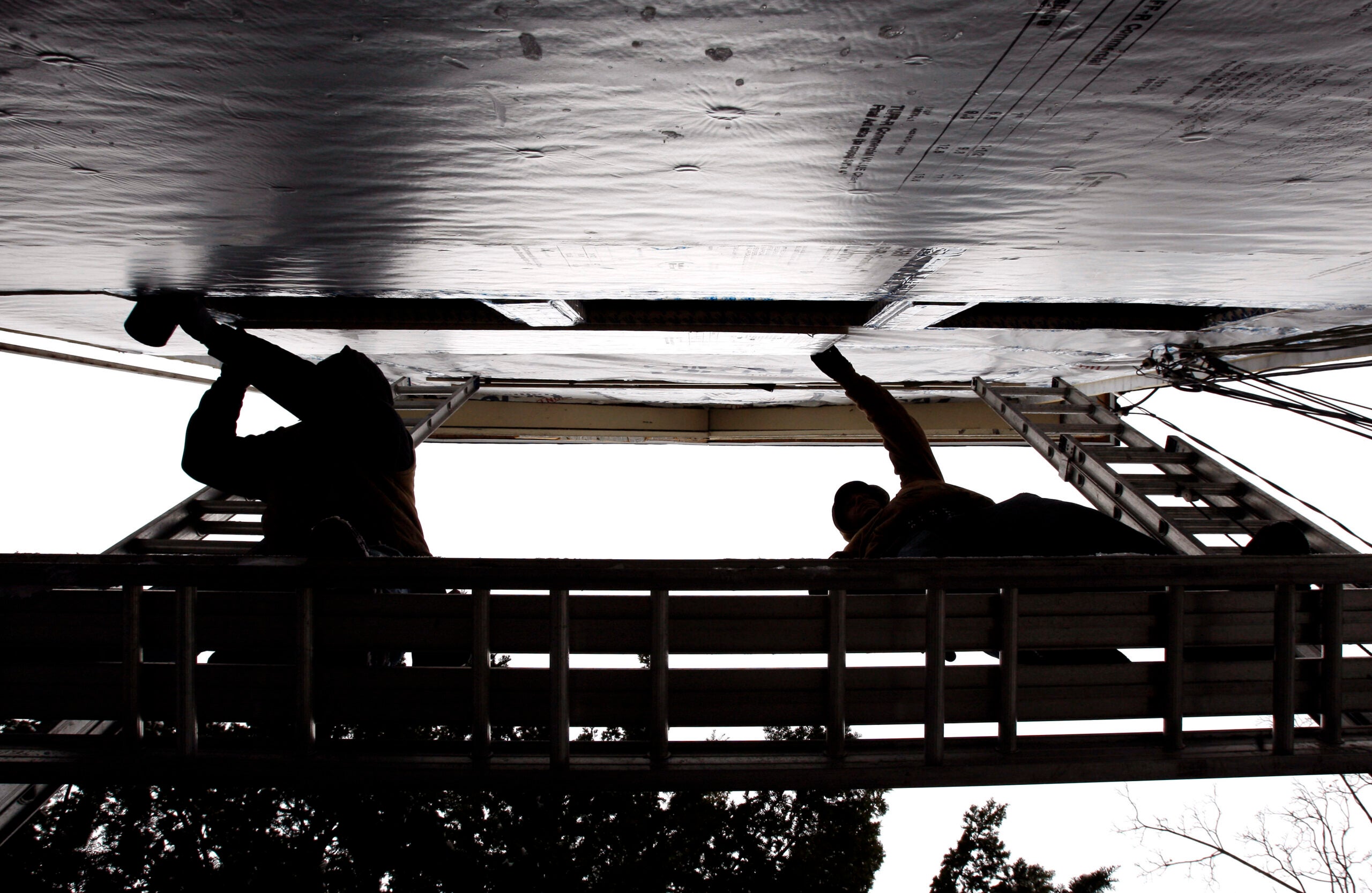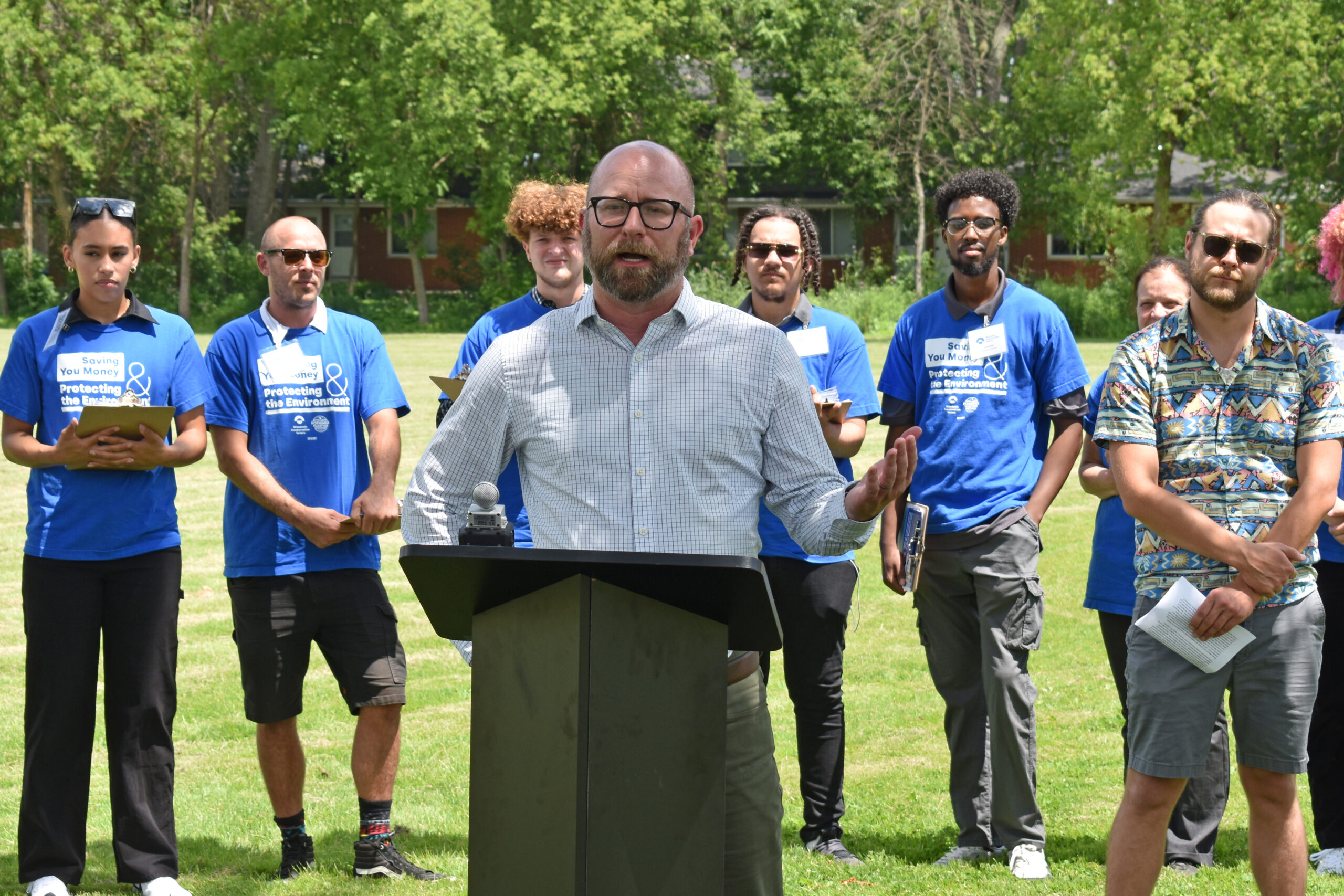Temperatures are getting cold in Wisconsin once again, and it’s time to think about winterizing the house and making sure as much heat stays inside as possible.
But this year, thanks to some legislation at the federal level, there are options to get some money back for making these energy improvements.
Wisconsin Public Radio’s “Morning Edition” Host Alex Crowe spoke with Natalie Yahr of the CapTimes, who wrote about these new options.
Stay informed on the latest news
Sign up for WPR’s email newsletter.
The interview is edited for clarity.
Alex Crowe: What are some of the options that are available for both tax credits and rebates?
Natalie Yahr: Under the Inflation Reduction Act, which passed last year, there are all sorts of tax credits and rebates that can help people pay for energy efficient upgrades to their homes or renewable energy updates to their homes. That can be things like for weathering the home, sealing up places where air can leak in, insulating more, replacing home appliances for more energy efficient ones. Maybe swapping a gas heater for a heat pump heater or getting solar panels for their rooftops.
There are rebates that can help with some of those same things. That means you don’t have to necessarily put up the money upfront. That can help make the cost lower right from the start, rather than waiting for a tax credit later.
AC: A lot of people wonder what’s a good place to start when it comes to this. That’s something you addressed in your piece right off the bat, saying that an energy audit is a good place for most people to start. What is that? Why is that a place that people should start off from?
NY: This is basically a way you get a professional. Sometimes it’s somebody who has an installation company, sometimes it’s just an independent professional who does home energy audits to come to your home. They have all these specialized tools that they use. Like these big powerful fans that they attach to your front door to check where air is escaping from. They basically figure out where your home is losing energy, wasting energy, and help you figure out what will be the most bang for your buck upgrades that you could do.
Several local companies (do these audits). They can cost as little as a few hundred dollars, or you can pay more for a really extensive home energy audit. The Environmental Protection Agency estimates that things like air sealing and insulation, those could cut the average home’s energy use by about eleven percent.
AC: Through the Inflation Reduction Act, there are two ways that people can get benefits: the tax credits and the rebates. What are these rebates and how those work?
NY: The rebates are a really different ballgame. They’re really designed to help low and moderate income Americans pay a lower price from the start for these upgrades. By reducing the price they pay when they go buy that new energy efficient appliance or when they hire their contractor, they don’t have to front that money and then wait to get paid back later.
Those, to me, it was a little bit surprising how big some of these rebates might be and who might qualify. It’s all based on family’s income. Some families won’t pay anything at all for certain upgrades. So it’s really designed to make these things accessible.
But, there’s red tape, and it can be a little complicated. You really want to make sure you know what is eligible and what isn’t eligible. For example, there’s lots of money in these credits and rebates for heat pumps, which is an energy efficient way to heat or cool your home.
However, not all heat pumps will qualify for a rebate or for a tax credit. You have to know how efficient that appliance needs to be. Even things like here in Wisconsin, I believe that for some of those incentives it only qualifies if it’s specifically qualified as a cold climate heat pump. So that’s just a level of detail that most of us don’t know, but it’s the sort of thing you’d want to know before you go making one of these bigger investments.
Read more on Natalie Yahr’s reporting for the CapTimes.
Wisconsin Public Radio, © Copyright 2024, Board of Regents of the University of Wisconsin System and Wisconsin Educational Communications Board.

